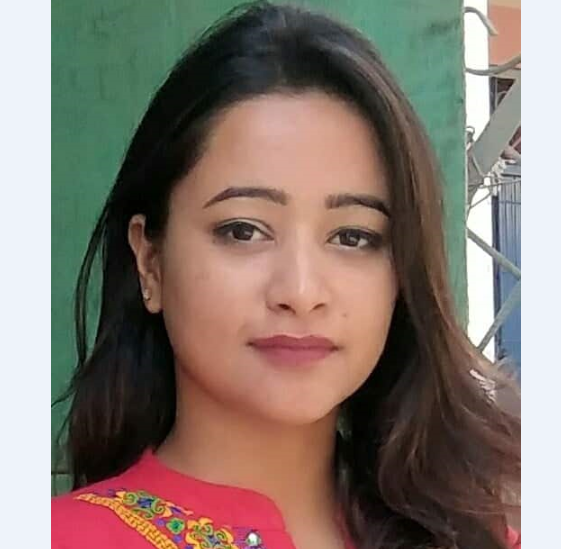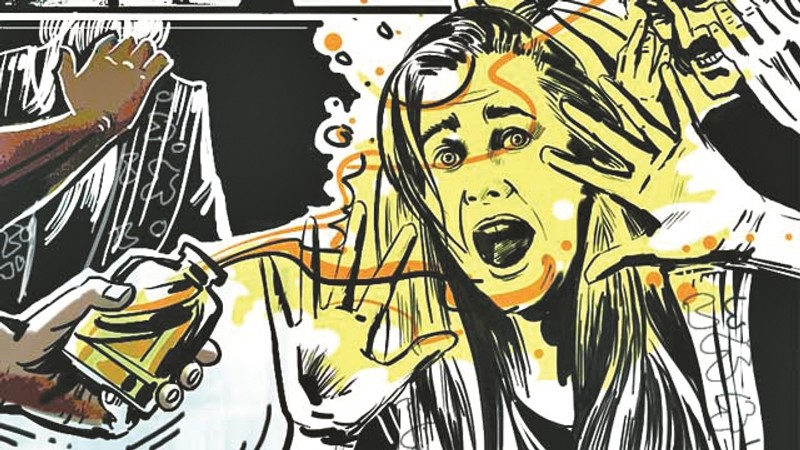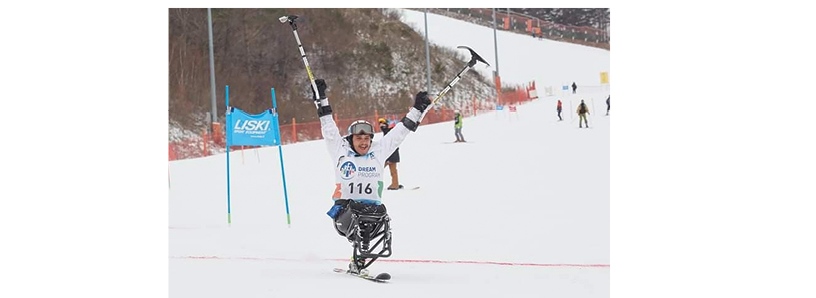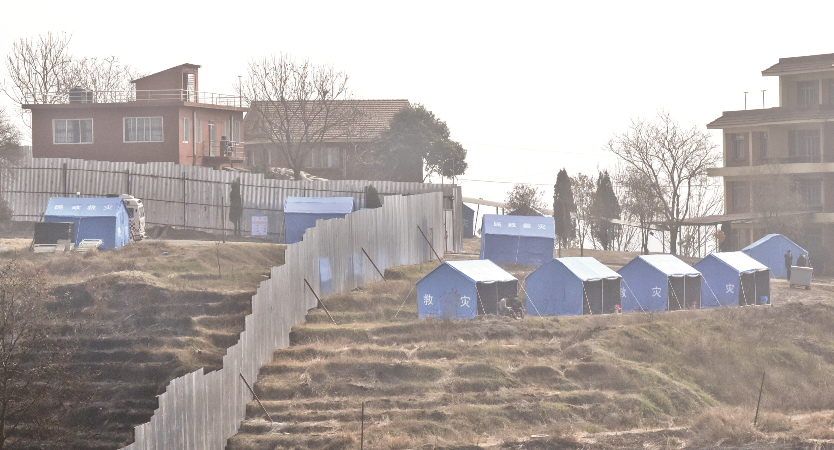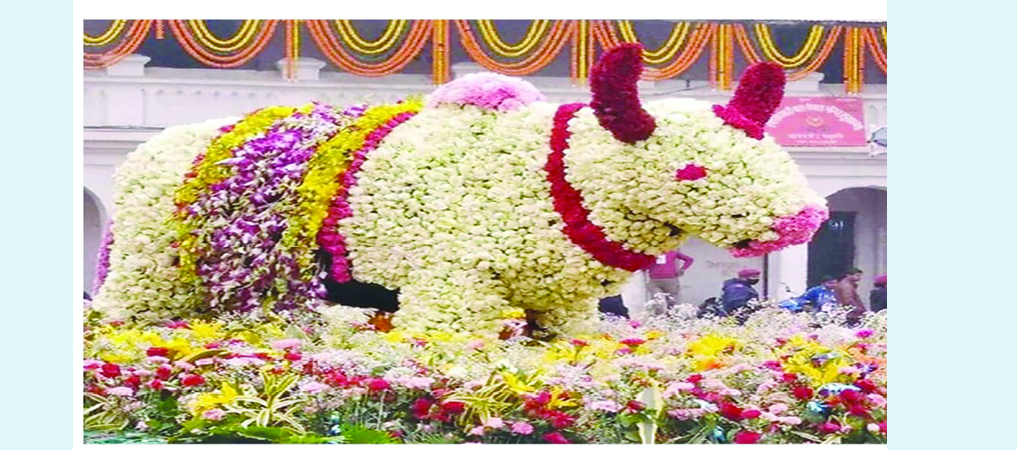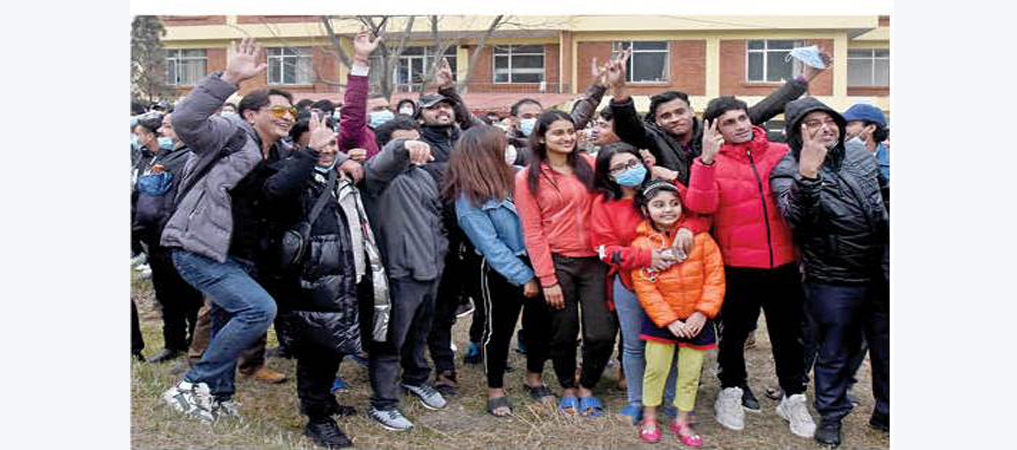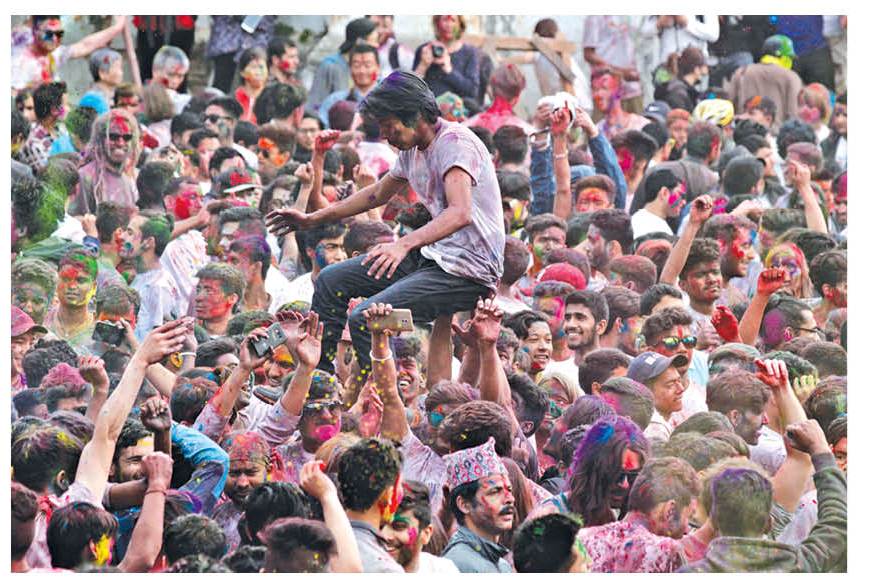Plasma therapy decreases with fall in virus cases

By Sampada A. Khatiwada
Kathmandu, Jan. 9: Gradual decrease in the number of COVID-19 cases for two months suggests that the spread of the novel coronavirus in Nepal has somewhat come under control.
With the reduction in the number of active cases of COVID-19 and the institutional isolation centers, Intensive Care Units and ventilator facilities becoming empty, the use of Convalescent Plasma Therapy (CPT) for the treatment of virus-infected patients has also declined.
It has been a month since the TU Teaching Hospital, Maharajgunj, which had performed the first successful CPT in Nepal in August, this past year, has not used plasma therapy for the treatment of COVID-19 patients in serious health condition. "The last plasma therapy had taken place around a month ago," said Dr. Santa Kumar Das, COVID-19 focal person of the hospital.
"Currently, most of the ICUs and ventilators separated for COVID-19 patients are unoccupied and there are only a few virus-infected patients in a serious health condition. Thus, the number of patients requiring alternative treatment methods like plasma therapy has decreased," said Dr. Das.
Stating that the new strain of the virus was spreading rapidly in other countries and the chances of Nepal being hit by the second wave was high, Dr. Das said, "We might have to opt for CPT if the second wave of the pandemic hits Nepal."
Likewise, Dr. Bipin Nepal, blood transfusion specialist at Grande International Hospital, Dhapasi, said that the demand for plasma had decreased these days. "The plasma bank in our hospital hardly provides one or two plasmas in a day for the treatment of virus-infected patients," said Dr. Nepal.
"Along with the decrease in demand for plasma, the recovered patients are also being reluctant to donate plasma. While it may not be an issue for now as the COVID-19 spread is coming under control, though at a clinical trial, we might need CPT if the second wave blows up," he added.
Public health experts have been voicing that as the threat of the pandemic was still intact in Nepal, CPT would still be relevant in the days to come.
Stressing on the importance of plasma therapy, Dr. Rabindra Pandey, a public health specialist, said, "As the infection rate and COVID-19 tests have decreased and many cases of infections are going unreported, we might have to face a shortage of plasma."
Stating that over 250 patients were still receiving treatment in the ICU, Dr. Pandey said, "It is necessary to establish plasma banks and encourage the recovered patients to donate plasmas by introducing various health schemes as feasible."
Dr. Pradeep Gyawali, member secretary of the Nepal Health Research Council (NHRC), said that the number of plasma donors was declining in recent times due to the lack of contact tracing.
"As the works relating to contact tracing are not being done as rapidly as before, it is difficult to keep a track of the recovered patients who are eligible to donate plasma."
"Also, plasma donation takes place voluntarily and we cannot force or even suggest anyone to donate plasma by going beyond his/her will. This has also led to a significant drop in the number of plasma donors," added Dr. Gyawali.
Moreover, Prakash Bhujel, coordinator of a plasma donation campaign to facilitate effective communication between plasma donors and receivers, said that the number of people willing to donate plasma has, of late, declined significantly. "It is due to the negligence of both the government and public availability of plasma is falling short day by day," said Bhujel.
"The government is negligent towards maintaining data of the recovered patients and the public are also being negligent as they do not go for RT-PCR tests even if they show the symptoms of COVID-19."
He added that the people were being reluctant about donating plasma these days. "In previous times, our campaign in coordination with the government and COVID-19 dedicated hospitals had become successful in finding the plasma donors. But these days, we barely find one donor in two to three days," said Bhujel.
Adding that the threat of the pandemic was not over yet and the second wave might take place in Nepal, Bhujel said, "It is vital to be prepared for whatever the situation we have to face in the days to come.
As we may again need plasma donors for the treatment of infected patients in the future, continuity must be given to creating a web of recovered patients who are willing to donate their plasma. We are ready to cooperate with the government for it."
Recent News

Do not make expressions casting dout on election: EC
14 Apr, 2022
CM Bhatta says may New Year 2079 BS inspire positive thinking
14 Apr, 2022
Three new cases, 44 recoveries in 24 hours
14 Apr, 2022
689 climbers of 84 teams so far acquire permits for climbing various peaks this spring season
14 Apr, 2022
How the rising cost of living crisis is impacting Nepal
14 Apr, 2022
US military confirms an interstellar meteor collided with Earth
14 Apr, 2022
Valneva Covid vaccine approved for use in UK
14 Apr, 2022
Chair Prachanda highlights need of unity among Maoist, Communist forces
14 Apr, 2022
Ranbir Kapoor and Alia Bhatt: Bollywood toasts star couple on wedding
14 Apr, 2022
President Bhandari confers decorations (Photo Feature)
14 Apr, 2022
